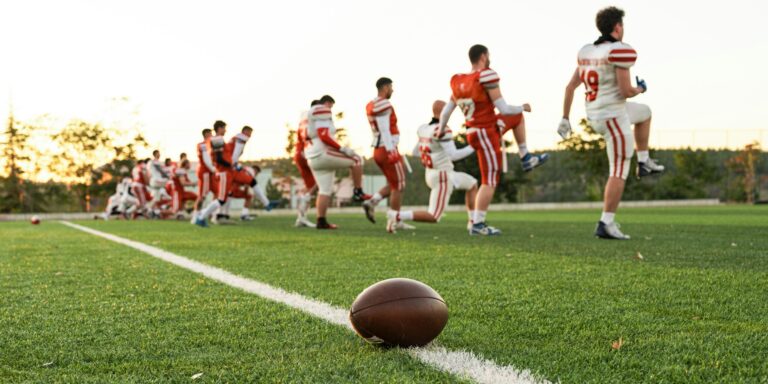In a landmark decision poised to redefine the landscape of collegiate athletics, U.S. District Judge Claudia Wilken approved a $2.8 billion settlement on June 6, 2025, in the consolidated antitrust case known as House v. NCAA. This historic ruling authorizes Division I schools to directly compensate student-athletes, marking a significant departure from the NCAA’s longstanding amateurism model.
Effective July 1, 2025, participating institutions will be permitted to distribute up to $20.5 million annually to athletes, with this cap expected to increase incrementally over the settlement’s 10-year duration. These payments are in addition to existing scholarships and benefits, signaling a shift toward a more professional model in college sports, particularly impacting high-revenue programs like football and men’s basketball.
The settlement also mandates retroactive compensation for athletes who competed between 2016 and 2024, addressing missed opportunities related to Name, Image, and Likeness (NIL) earnings during that period. Approximately $2.8 billion will be allocated for these back payments, funded by the NCAA and major conferences including the SEC, Big Ten, Big 12, ACC, and Pac-12.
To oversee the implementation and ensure compliance, a new regulatory body, the College Sports Commission, will be established. Additionally, a Deloitte-managed platform named “NIL Go” will review all NIL deals exceeding $600 to verify fair market value, aiming to prevent excessive payments and maintain competitive balance.
While the ruling has been lauded as a victory for athlete rights, it has also raised concerns about potential impacts on non-revenue sports and gender equity. Athletes from smaller programs fear that increased funding for major sports could lead to resource cuts or team eliminations in less prominent disciplines. Furthermore, the settlement’s implications for Title IX compliance remain a topic of ongoing discussion.
The legal journey began in 2020 when former Arizona State swimmer Grant House and former Texas basketball player Sedona Prince filed lawsuits challenging NCAA restrictions on athlete compensation. Their efforts culminated in this transformative settlement, which not only addresses past grievances but also sets a precedent for future athlete compensation structures.
As the collegiate sports community prepares for this new era, institutions are tasked with navigating the complexities of direct athlete payments, ensuring equitable distribution, and maintaining compliance with federal regulations. The settlement represents a significant step toward acknowledging and compensating the contributions of student-athletes, reshaping the future of college athletics.



